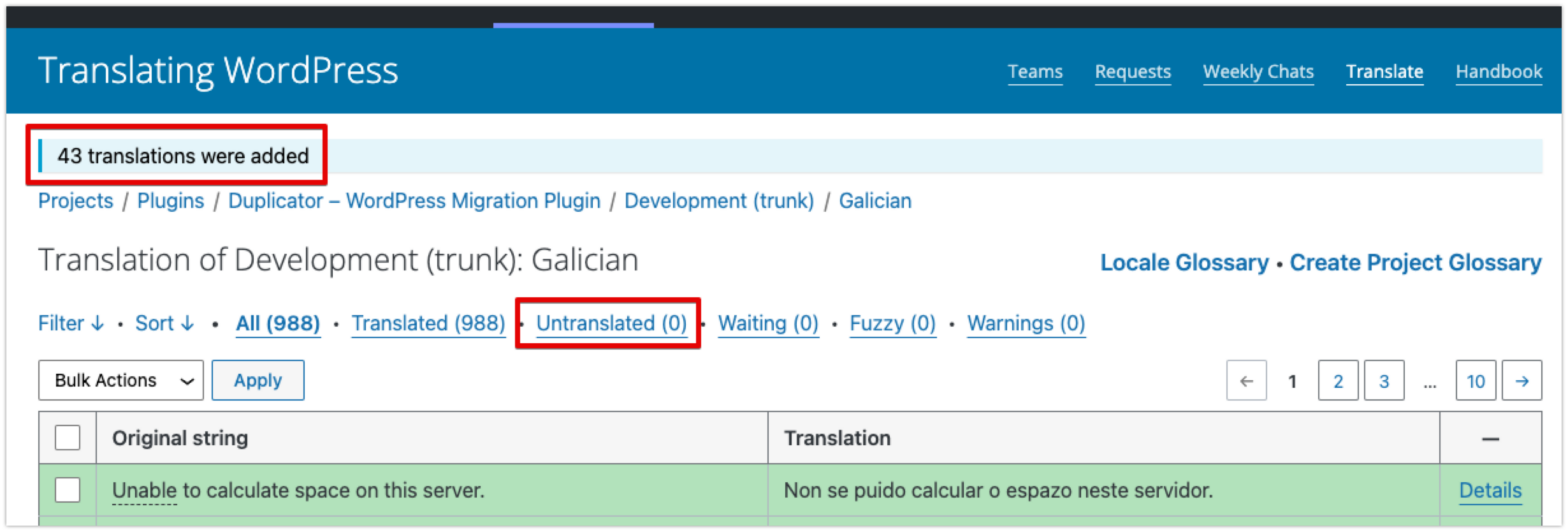You can find the documents related with my workshop (Efficiency Unleashed: A Guide to Automating WooCommerce through CLI) at WordCamp Europe in the next link :
- Slides.
- Scripts (5).
- main_script.sh, with all the steps to be able to reproduce this workshop.
- import_products.sh, to import a list of products from a CSV.
- create_fake_orders.sh, to create to fake customers and orders.
- export_pending_orders.sh, to export a list of previously created orders in pending status.
- export_customer_list.sh, to export a list of the shop’s customers.
- Data to import (2):
- pasta.ods. Spreadsheet with the 5 products to import.
- pasta.csv. CSV file with the 5 products to import.
